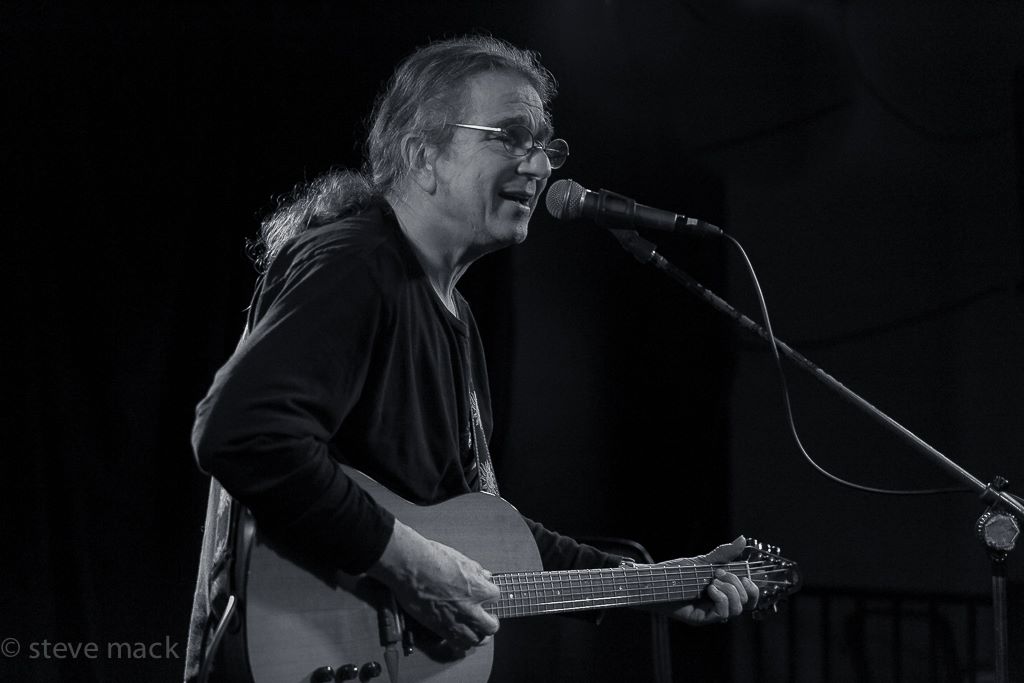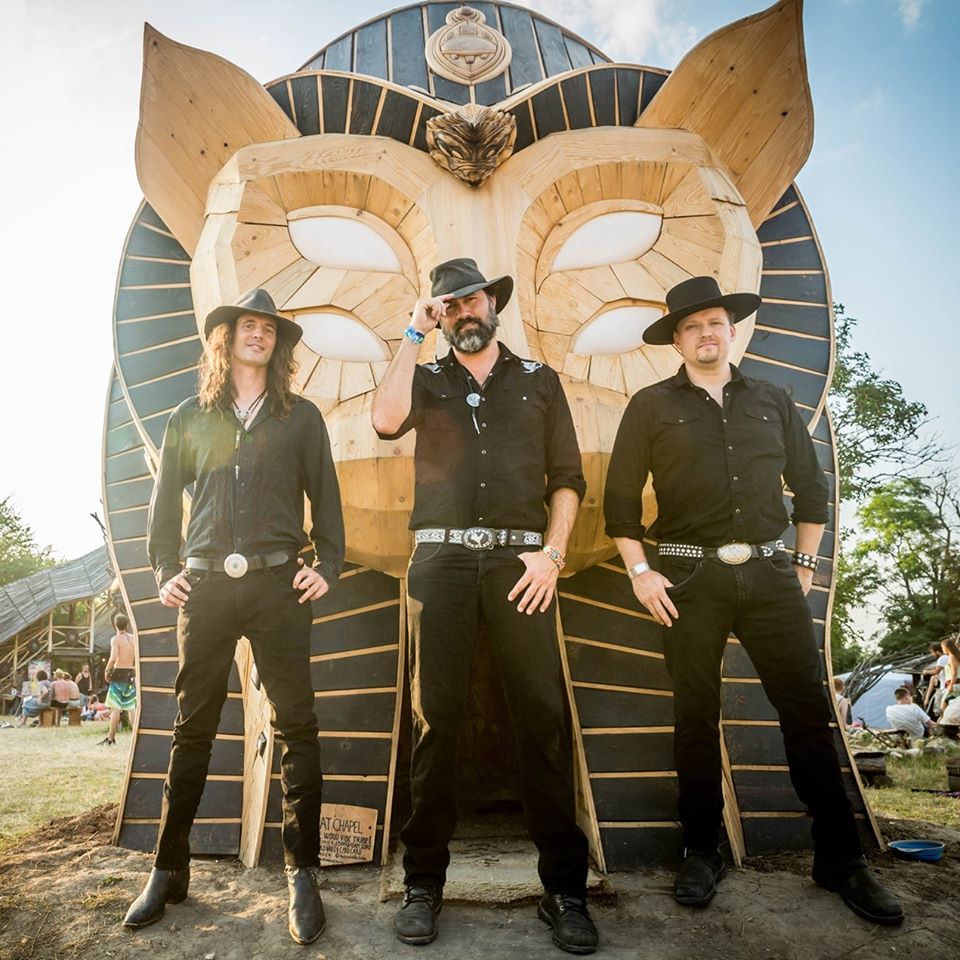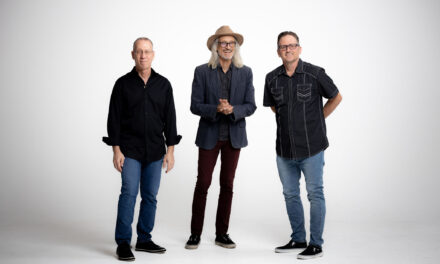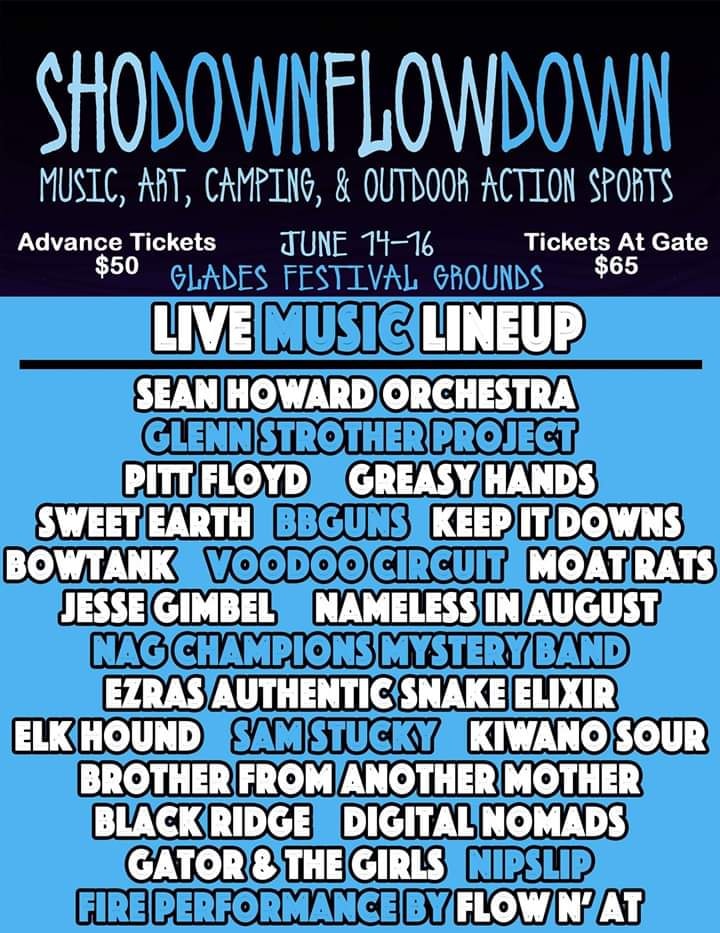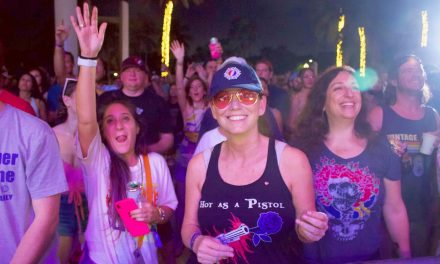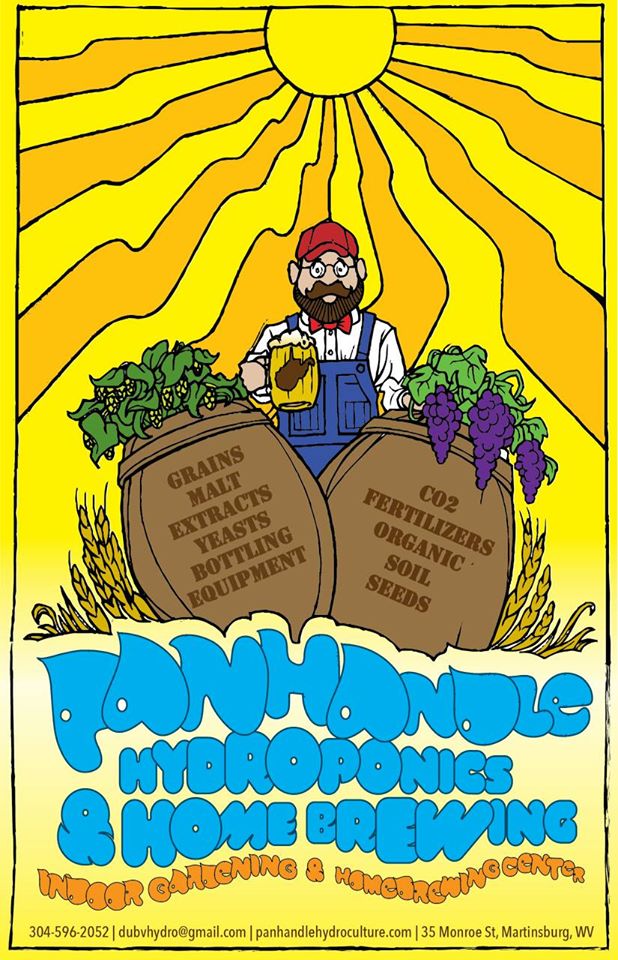Written by Elisha Gud
When you follow your heart, so many opportunities tend to fall into place. This is where I feel “It’s a Hand-Me Down” comes into play. David Gans, Oakland California native, singer, songwriter, music journalist, radio broadcaster, photographer and Grateful Dead enthusiast, has been contributing to the Grateful Dead scene through his music, knowledge, and ambitions for over forty-five years.
Gans, who played clarinet as a kid, picked up his first guitar at the age of fifteen. It was then he decided that he wanted to become a musical artist by adapting his own style and making his own music. Most musicians start out by learning music and styles from other big artists, which of course Gans took the time to learn while meanwhile creating his own style and genre. In 1972 the artist was turned onto The Grateful Dead which expanded his horizons immensely. “It was then that I realized I was starting this process of becoming part of a community,” Gans mentioned. From there he wandered into the world of journalism and started writing for a company called BAM in the summer of 1976. “I wanted to get free tickets to shows and free records. I was meeting new people and learning a great deal,” He said. I think that’s why some of us choose to take the road less traveled. To see what we can gain and get out of it.
From the experiences and connections Gans was making, he decided to make a career out of being a journalist. In 1982 he traveled to Jamaica on a press junket to a music festival. There he met Peter Simon—a photographer, who was preparing to write a book about The Grateful Dead. As any writer or journalist would do Gans put himself out there and created a connection with Simon. A year later he got a call from Simon stating that his partner for the book was dropping out and he needed someone to step in immediately. At this point in Gans life he had already been traveling around and following The Dead as a music journalist for over five years. It was an opportunity of a lifetime, and one that Gans could not push to the side. Throughout the writing process his interest into the radio business began to flourish. In San Francisco there was a local rock station called K-Fog. They had just started doing a strip of specialty shows, the ‘Deadhead Hour’ being one of them. Gans mentioned that the gentleman running the show wasn’t the biggest Deadhead, but he was a broadcaster who liked The Grateful Dead. “Me and a couple other guys started helping him by bringing him tapes and stuff—and I produced a little feature to promote my book. So I became one of these guys that just kept bringing him stuff and eventually they asked me to take over the show,” Gans mentioned. It wasn’t something that was planned and years later it is still something Gans does every Sunday for WCBE.
As a journalist, photographer, writer, singer, or musician most of the time you never intend for things to happen—you just let it. That’s how David came to discover his love for this career. Taking risks and opportunities as they came, he sought out opportunities that peaked his interest and took chances on ones that didn’t, because in this life, any opportunity can be a good one just so long as you give it a try.
While speaking with Gans, who is now a national touring artist—I asked him what; if anything; if he could go back in time to when he was in his early twenties, if he would do anything differently. His answer was sweet and simple. “No, I would not.” He said, “I would just tell anyone to follow their heart.” As cliché as that sounds it almost always seems to be true. If you are true to your heart and follow your dreams than you can’t be mad at anyone else, or proud of anyone else except for yourself; that is when you get the desired outcome.
I had the chance after my interview with Gans to sit in at one of his shows. He had earlier explained to me that one of the most difficult aspects of playing a gig with his style of music is trying to figure out which songs to play. He mentioned that usually there is no need for him to create a set list. The majority of music he is playing has already been heard by the listeners so many times in different versions, and he plays most of the songs in a ballad form. Some have a high tempo but most do not since he has chosen to play The Dead songs in his own style. Gans mentioned that most of the time he waits to figure out what he is going to play, deciding on what kind of crowd he is playing too. Being a solo artist, sometimes Gans will play all night to a crowd that is there in awe of his talent, while often in other times Gans can play to a packed room of rowdy Deadheads who are just as excited to hear his music as he is. The perception of what is and isn’t a good show for someone like David Gans isn’t important, because, for a solo artist every show is a good show. Every show is different and unique, and it’s up to David to make it his own, and own it.

